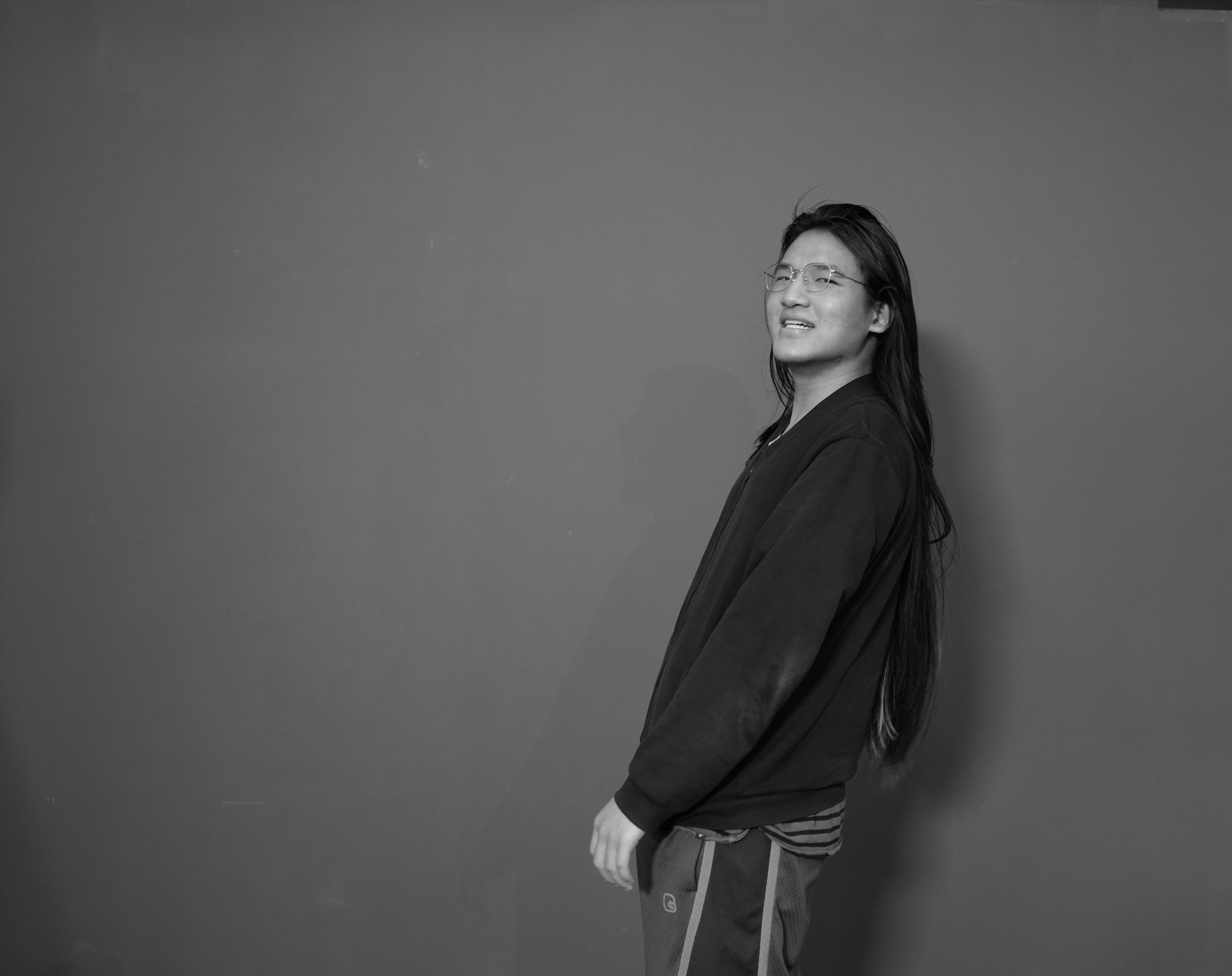We Are America
Simple Things
By Jazzton

Taipei American School, Taipei, Taiwan
We were out on the field, preparing for our track meet, when everything started to go wrong. It was right after class, and the school went into a quarantine lockdown. Buses that departed came back carrying tired students, and everyone was told to go to their advisories to wait for more information. We were told that a student was a close-contact case for Covid, and everyone at school had to get tested by government officials. As time sludged and the boredom inevitably set in, it began to feel like we would never go home. The Covid testers came in the darkness of night, and lines that stretched across the field were formed to get tested. When all was said and done, it was past ten, and we were finally allowed to go home. As I rode the bus home through the pitch black of the night, a wave of relief washed over me; I thought that would be the end of it.
At this point, it was three years after Covid-19 became mainstream. In fact, most countries rarely had a second thought on the matter, already opening up their borders fully, yet in Shanghai, this was just the tip of the iceberg. Soon enough, we were all confined to our own apartment complexes, and the idea of leaving became nothing but a distant dream.
Trying to attend online school during this lockdown was hell. Every morning, at a seemingly random time, the megaphone-amplified shouts of an apartment manager would pierce our windows, telling us to come out and get tested. Then, the cycle would continue the next day without fail. Since everyone lived in different places, this daily roundup meant that students, as well as teachers were constantly in and out of classes, and trying to focus became a nightmare.
Every night, we would sit anxiously waiting for the Covid test results from previous days to come out. If we, or anyone else in our apartment tested positive, everyone would be forcibly sent to a quarantine camp. The global news cycle was filled with horror stories about these camps, and it became my main fear. The rare times I went outside to walk around the complex weren’t much better, as even seeing people became unsettling. Looking over the fences of the complex, I saw the now-empty streets that I used to walk without worry. I saw the apartments across the streets, filled with my friends, yet they always seemed worlds away.
Eventually, enough was enough, and we had to leave the country. After extensive planning, the date was set, and I began to see the end of this ordeal. I remember the first time in a long time that I stepped foot outside the apartment complex boundaries. The roads were lifeless, yet it felt almost peaceful. The feeling of riding a car again was sensational. The car covered more distance in thirty seconds than I did in the entirety of the lockdown, and its wheels soared across the barren highway. The airport was packed to a point where it felt unusual seeing so many people, and after an arduous process, we landed in Taiwan.
I had this strange feeling as we rode the taxi to our quarantine apartment. The highway was full of cars, the city full of people, the refrigerator full of food, and it felt completely overwhelming to what I had gotten used to. We went from eating whatever we could come up with, to cooking or ordering anything we wanted. We went from being alone to being surrounded by family. I think we often take the smaller things in life for granted. We get used to how we are living and stop caring but being forced to take a step back and recognizing that these small details of life exist, helps to build an appreciation I otherwise would not have.
© Jazzton. All rights reserved. If you are interested in quoting this story, contact the national team and we can put you in touch with the author’s teacher.